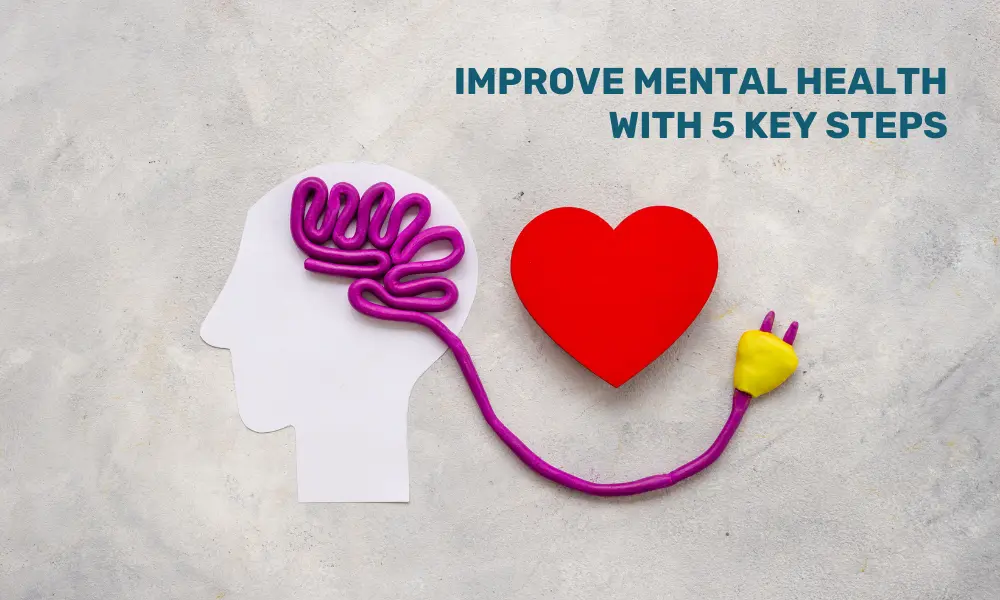The thyroid gland, resembling a butterfly, is at the lower part of your neck and secretes hormones that impact the entire body, mainly your heart.
The thyroid hormone has a vita role in regulating the intensity and pace of your heartbeat, as well as your blood pressure and cholesterol levels, but a malfunctioning thyroid gland can lead to issues that mimic heart disease or exacerbate pre-existing heart conditions.
Many people have hypothyroidism, which means an underactive thyroid. When thyroid levels drop, all the systems in the body tend to slow down, and one can experience symptoms like fatigue, weight gain, cold intolerance, constipation, and dry skin. That is when one should consult an expert without any delay for timely detection of hypothyroidism.
The relationship between hypothyroidism and the heart
Hypothyroidism can impact the cardiovascular system in various ways. Inadequate thyroid hormone levels can lead to a decrease in heart rate and reduced elasticity of the arteries, resulting in elevated blood pressure to facilitate blood circulation throughout the body.
Low thyroid levels may also contribute to heightened cholesterol levels, narrowing and hardening arteries. Muscle aches, which are associated with both hypothyroidism and statin-related myalgia, could be another symptom.
It has been observed that individuals who experience difficulties with statins are more likely to have hypothyroidism. Treating hypothyroidism has been shown to alleviate statin-related myalgia (muscle pain) in some cases. Those with hypothyroidism should go for regular cardiac screening.
When dealing with thyroid problems, it is essential to pay special attention to heart health.
Highlighting that thyroid hormones directly impact the cardiovascular system, managing your thyroid condition can significantly benefit your heart. It is crucial to closely monitor thyroid hormone levels and work with a healthcare provider to optimize them. Doing so can help regulate heart rate and blood pressure, reducing the strain on the heart.
Focusing on a healthy lifestyle, such as maintaining a balanced diet, managing stress, and exercising regularly, can greatly support overall heart health while navigating thyroid challenges.
Staying informed about potential cardiovascular risks associated with certain thyroid disorders is essential. Conditions such as hypothyroidism have been linked to increased cholesterol levels and a higher risk of heart disease.
Those with thyroid issues can better protect their hearts by understanding these risks and taking proactive steps like regular check-ups and cholesterol monitoring. Regular monitoring of thyroid levels is necessary to understand thyroid health.
By addressing thyroid function and heart health together, one can ensure overall well-being despite the challenges posed by thyroid problems.





